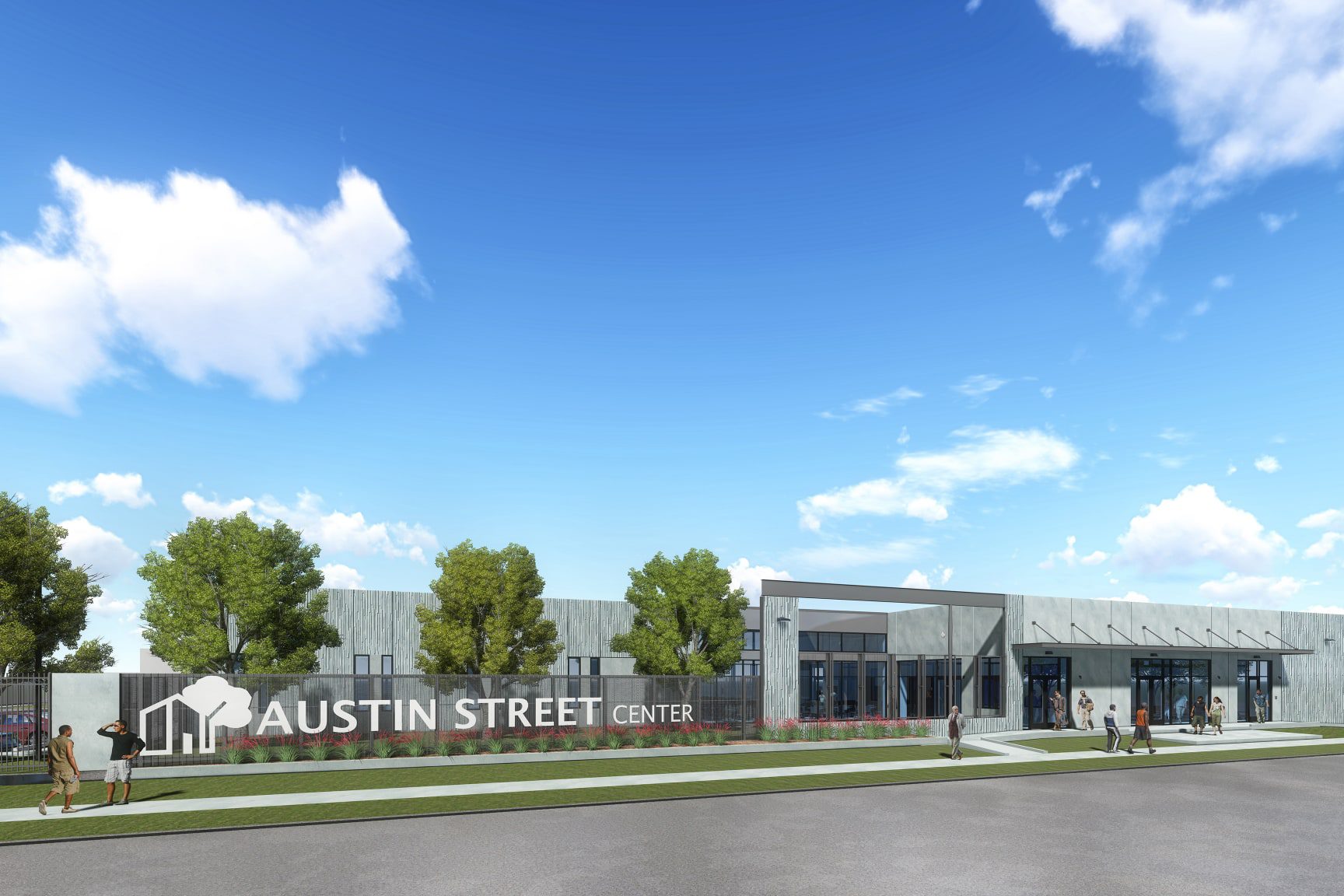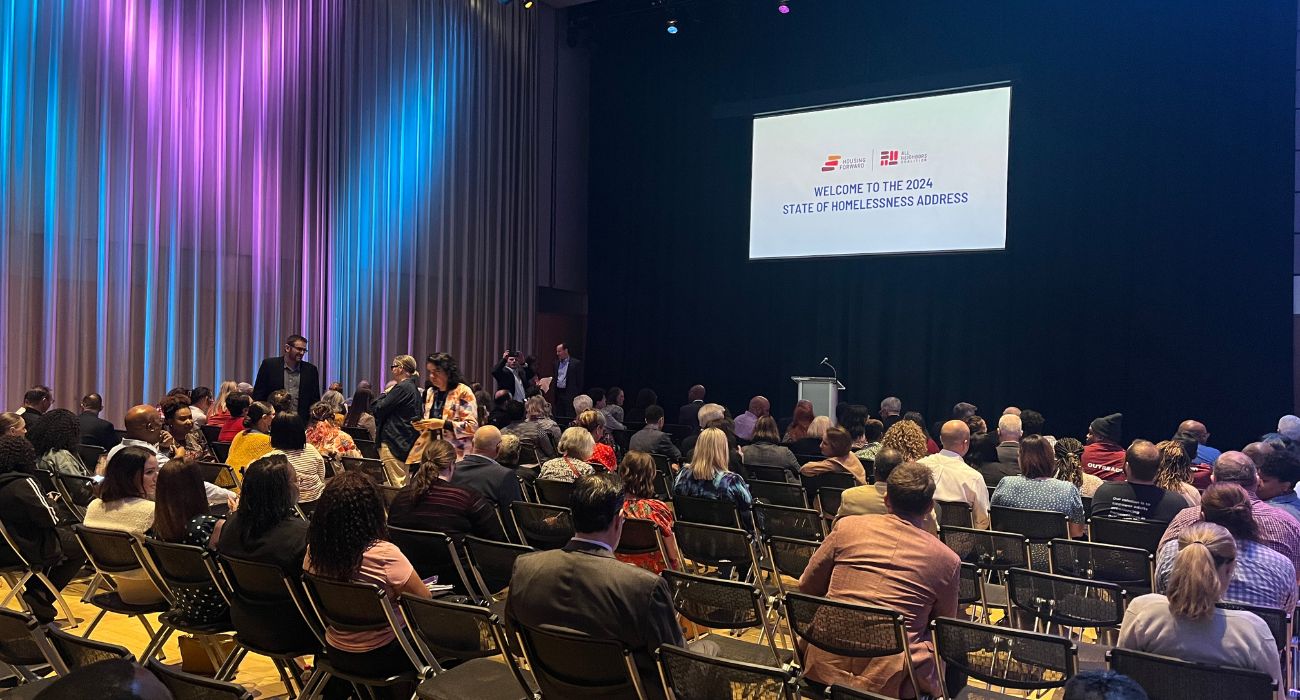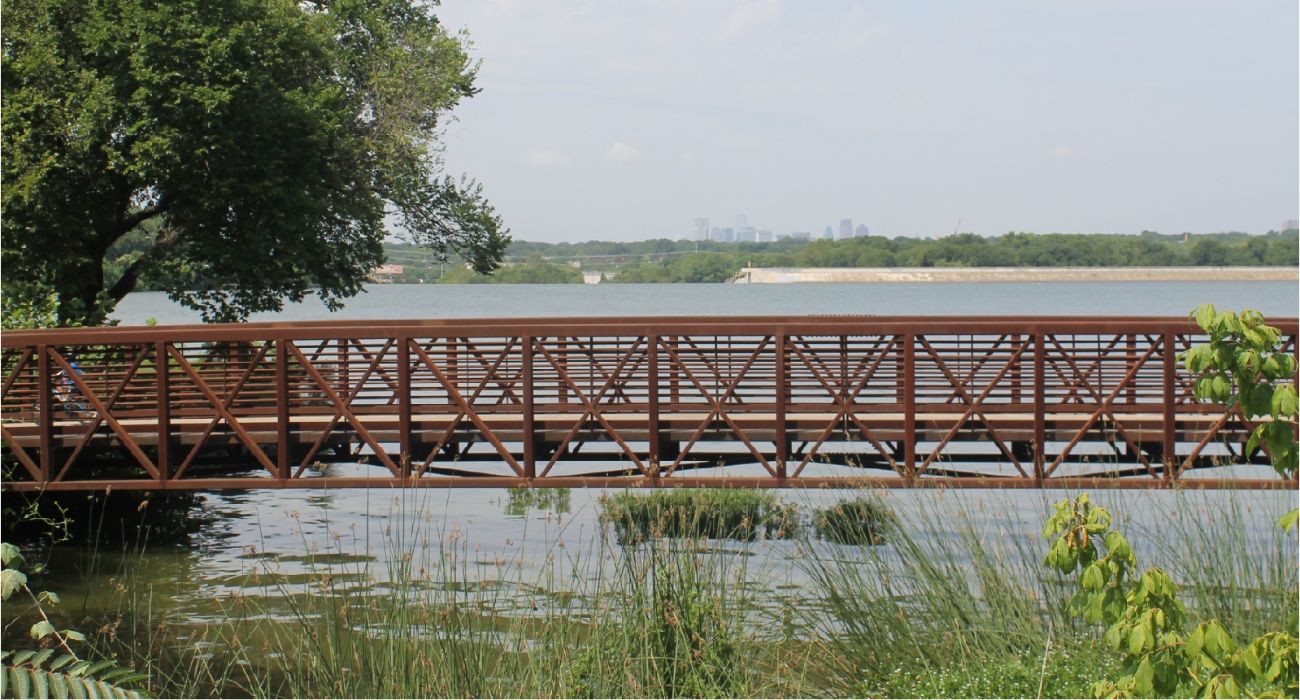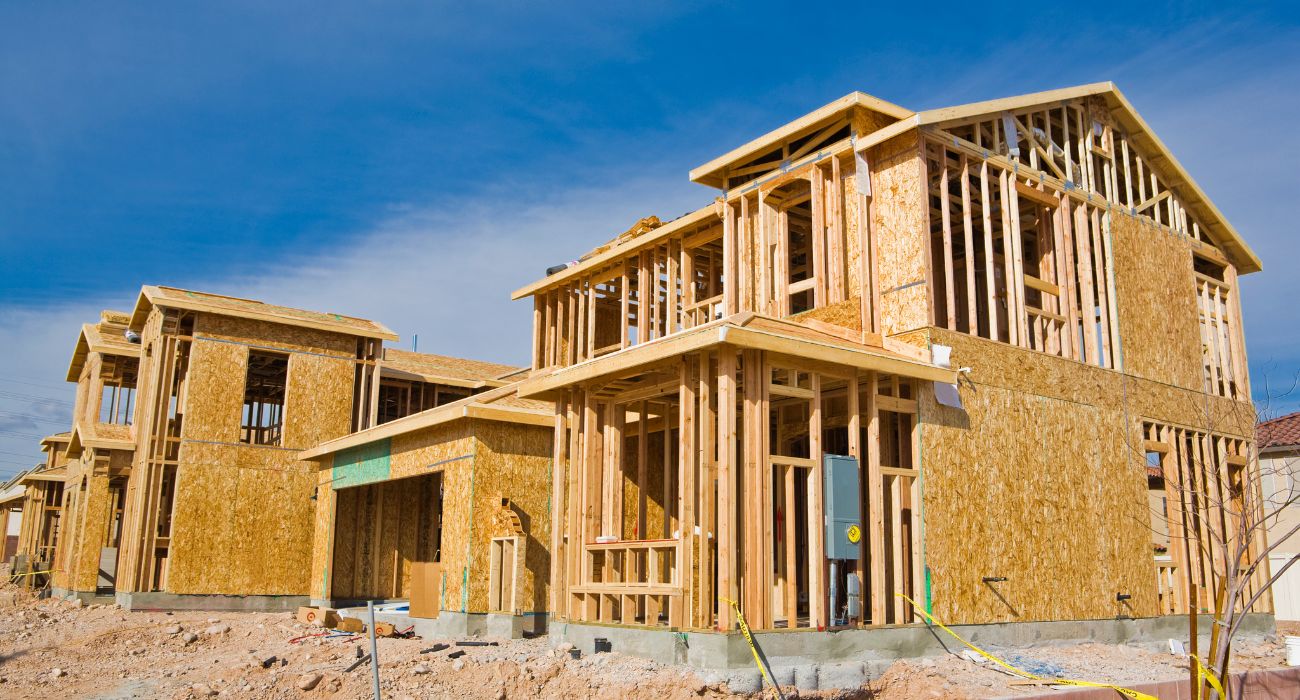Austin Street Center, a homeless shelter in Dallas, has completed its expansion to its facility and is set to open in June.
The $15 million location makes for more than a place for people to lay their heads. The new shelter will offer individuals job training, counseling, and medical care. The expansive building contains several rooms for doctor’s visits, classrooms, and a kitchen.
Austin Street Center’s primary goal is to help identify the root causes of homelessness so that the shelter can help those who utilize its services to stay off of the streets forever.
One woman has already benefitted from the facility’s efforts.
Autry Manuel has gotten another opportunity in life after praying that God would take her away. Manuel’s troubles began when she became addicted to her prescribed Xanax, which resulted in her losing her job, house, and family, forcing her to sleep on the sidewalk not far from the center. Manuel said it took years to overcome her addiction.
Two months ago, the woman began a rapid housing program with the center, which is helping her find permanent housing. She also plans to return to college for her bachelor’s degree.
According to research, the longer a person remains homeless, the more difficult it is to get them into a permanent home.
“It’s our hope that we will decrease the number of people who are in encampments through this project,” said Austin Street CEO Daniel Roby to Dallas Morning News. In 2021, more than 23% of the 1,489 clients at Austin Street Center found permanent housing.
With the additional space afforded by the 59,000-square-foot building, the nonprofit organization will have room for 500 beds.
Teresa Thomas, Austin Street Center’s director of communications, the organization experienced increased demand for its services during the COVID-19 pandemic, and helping clients became challenging.
The center supported roughly 400 individuals before the epidemic, but due to social distancing regulations, it had to reduce that number to 250.
Thomas added that although the center required extra space, it also needed additional services to help Dallas’ homeless population.
Joli Robinson, Metro Dallas Homeless Alliance’s CEO, said her greatest wish is that residents will pitch in financial support the next time a homelessness project in their ZIP code is announced.






